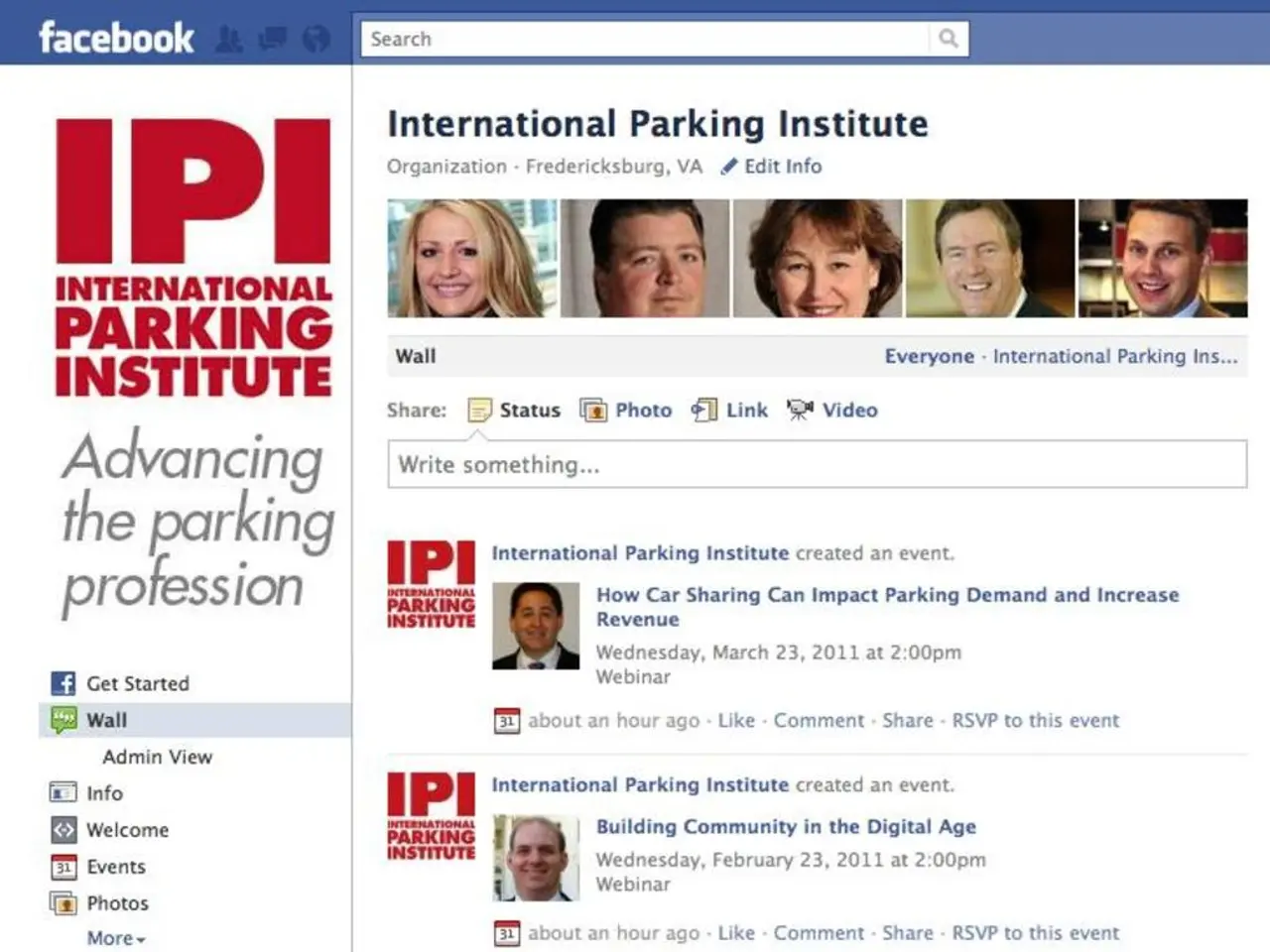The study suggests that males can primarily be categorized into three distinct groups. - Three categorical male archetypes have emerged in a recent study, it appears.
In a groundbreaking study published in summer 2023 by researchers at the University of British Columbia (UBC), three distinct masculinity types have been identified as affecting men's relationships, mental health, and household task division in unique ways. The three types – Neo-Traditionalists, Egalitarians, and Progressives – offer insights into the evolving dynamics of modern partnerships.
Neo-Traditionalists, who adhere to conventional gender roles, typically see themselves as primary breadwinners and women as primarily responsible for housework and caregiving. This traditional household task allocation often results in men being less involved in domestic chores. While this arrangement maintains clear role boundaries, it may place pressure on men to conform to rigid masculine ideals, potentially affecting their mental health negatively by limiting emotional expression and increasing stress linked to provider roles. Neo-Traditionalist men may experience more relationship strain if partners desire more equitable sharing of chores and emotional labor.
Egalitarians, who strive for equality in relationships, actively participate in household tasks alongside their partners, promoting a more balanced approach to gender roles. This equitable division generally leads to better relationship satisfaction and mental health for men by reducing role strain and fostering emotional openness and partnership support. Men identifying as Egalitarians tend to navigate household responsibilities pragmatically, sharing tasks like cooking, cleaning, and childcare.
Progressives may advocate for more fluid or non-traditional masculinities, often challenging traditional roles and norms around how masculinity is expressed in relationships. This group typically promotes egalitarian divisions of household tasks but may also emphasise personal fulfilment and identity expression beyond prescribed roles. This flexibility can benefit men's mental health by allowing authentic self-expression and reducing the stigma around emotional openness, though it may at times trigger tension with more traditional partner expectations or societal norms.
The division of household tasks reflects these orientations:
| Masculinity Type | Household Tasks Division | Relationship & Mental Health Impact | |-------------------|---------------------------------------------|--------------------------------------------------------------------| | Neo-Traditionalist | Traditional, gendered roles (men: breadwinner; women: household duties) | Potential increased stress for men under provider pressure; less emotional sharing; relationship strain if partner expects more equality | | Egalitarian | Shared and negotiated division of chores | Greater relationship satisfaction, reduced role strain, improved mental health due to partnership support | | Progressive | Fluid, flexible roles; challenges traditional norms | Supports emotional openness and authenticity, beneficial for mental health; possible conflict with traditional expectations |
This typology underscores how men’s internalized masculinity shapes practical relationship dynamics and mental well-being. The UBC study suggests promoting egalitarian or progressive masculinity models may enhance men’s mental health and relationship quality through more balanced household workload and emotional engagement.
In interviews, men who advocate for gender equality and social justice were found to achieve better mental well-being. However, even men who theoretically support equality struggle with dividing household tasks 50-50. For instance, a representative of the egalitarian type admitted to conflicts over cooking frequency, which were resolved by planning meals in advance for equal division. A Neo-traditionalist man typically does the "male chores," like washing the car, while the woman does most of the housework.
The project investigates how rapidly changing gender roles, identities, and relationships are reflected in modern partnerships. The research aims to understand the impact of different types of masculinity on men's relationships and mental health. This study is part of a larger research program on men's health examining the connection between masculinity, mental health, and relationships.
The progressive model demands a lot of mental work, requiring self-reflection, societal reflection, and emotional self-observation to build an equal and intimate relationship. It is essential to continue exploring these dynamics to foster healthier relationships and improved mental health for men.
- The groundbreaking study published by UBC researchers in summer 2023 classifies three distinct masculinity types that significantly influence men's relationships, mental health, and family dynamics – Neo-Traditionalists, Egalitarians, and Progressives.
- Neo-Traditionalists, adhering to traditional gender roles, often experience strain in their relationships and mental health due to pressure to conform to rigid masculine ideals, as they are expected to primarily act as breadwinners and perform fewer household tasks.
- The Egalitarian masculinity type, which advocates for equality in relationships, is associated with better mental health for men as it reduces role strain and fosters emotional openness and partnership support through equal division of household tasks.
- The progressive masculinity model encourages mental health improvements by breaking down traditional gender roles, promoting emotional openness, and authentic self-expression, despite the potential for conflict with more traditional partner expectations and societal norms.




